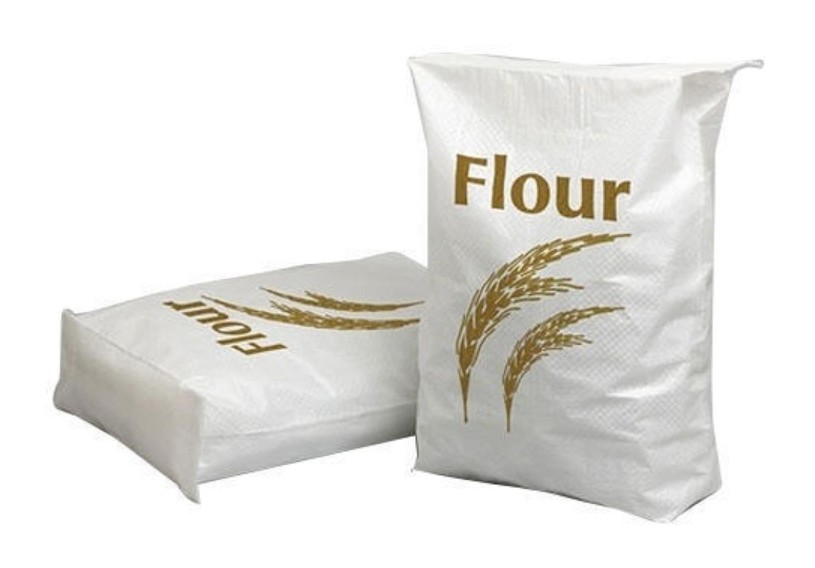Mohd Irfan
Flour, a staple food item in every household, has become a symbol of the growing struggle faced by the common people due to its escalating price. Recently, the cost of flour (locally known as ‘Atta’) surged by ₹5 per kilogram, taking the price from ₹35 to ₹40 per kilogram. This sharp increase has left consumers distressed and questioning the government’s ability to control the prices of essential commodities.
For a significant portion of the population, especially the economically weaker sections, flour is an irreplaceable part of their daily diet. A 10 kg bag of R Atta, which previously cost ₹340, is now being sold at ₹400, an increase that has sparked outrage among consumers.
Housewives, who manage household budgets with limited means, have expressed their frustration. One such consumer, Rita (name changed), recounted her shock when the shopkeeper demanded ₹400 for a 10 kg bag. “It feels like a betrayal. Essential commodities like Atta are touching unaffordable levels. How are we supposed to manage our families with such skyrocketing prices?” she lamented.
The increase in flour prices has created a ripple effect, putting additional financial strain on already overburdened households. For those living paycheck to paycheck, this price hike is more than an inconvenience—it’s a crisis.
Flour sellers attribute the price hike to a reduction in wheat supply from the government to private millers. This shortfall has forced private millers to procure wheat at higher market rates, inevitably leading to an increase in the price of flour. While this explanation provides some clarity, it offers no solace to consumers who bear the brunt of these systemic inefficiencies.
Moreover, premium varieties such as Fine Atta and Chakki Atta, which are already priced higher than R Atta, have also seen a surge in costs. This leaves consumers with limited choices, forcing many to spend more on basic necessities or compromise on the quality of their food.
The government’s role in controlling the prices of essential commodities cannot be overstated. As prices rise unchecked, the credibility of the administration’s commitment to the welfare of the masses comes under scrutiny. In Jammu and Kashmir, where the price hike has been particularly felt, the Department of Food, Civil Supplies, and Consumer Affairs needs to act swiftly.
The young and dynamic Food Supplies Minister, Satish Sharma, faces a significant challenge. Known for his efforts to bring reforms, this is an opportunity for him to demonstrate his commitment to the welfare of the people. Immediate measures such as increasing the supply of government-subsidized wheat to millers and regulating market practices can help stabilize prices.
The rising price of flour is not just an economic issue; it is a social concern that affects the daily lives of millions. The government must prioritize the following steps:
Increase Wheat Supply: Ensure an adequate supply of wheat to private millers to prevent price hikes.
Subsidy Programs: Introduce or enhance subsidies for essential commodities like flour, particularly for economically weaker sections. Strict Monitoring: Implement stringent measures to monitor and regulate pricing practices in the market. Public Distribution System (PDS) Improvements: Strengthen the PDS to ensure affordable access to quality Atta for all.






